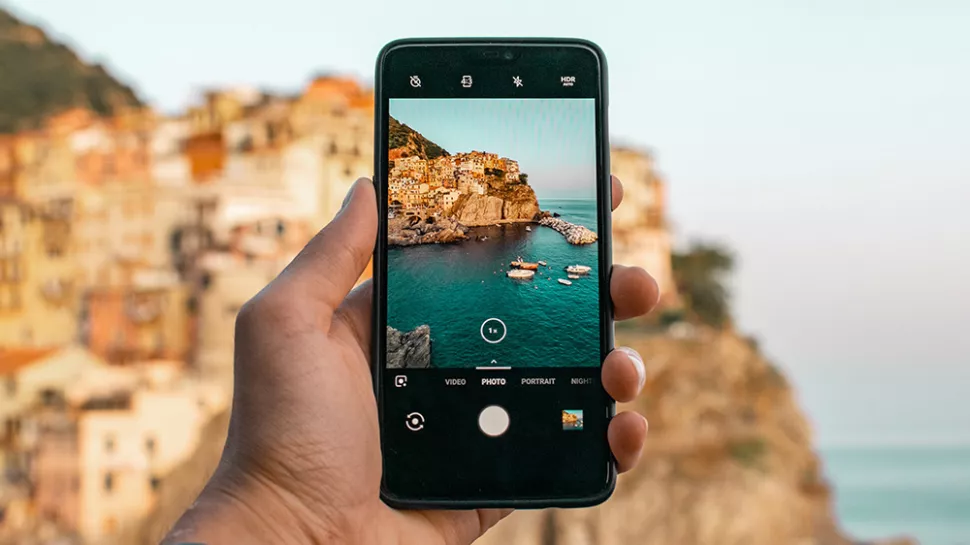
The best photo organizer apps are essential for managing photos on your iPhone or Android device. A smartphone is most people’s camera of choice these days – see our list of the best camera phones for a guide for today’s executives – and many of us take dozens of photos with it every day. It can be easy to forget everything, and this is where a good photo management app can make all the difference.
But they can also do much more. Many of the best photo organizer apps now use advanced machine learning to automatically tag images so you can easily find them using keyword search. You’ll also find that many have built-in photo editing tools, as well as social sharing and cloud storage features.
Display your photos proudly in one of the best photo books
Back up your photos with the best photo storage services
The best digital photo frames
A good photo organizer app makes managing your photos super easy, so you never have to scroll through millions of selfies to find what you’re looking for. And while you’re here, you might also want to check out our selection of the best camera apps for Android.
1. Google Photos:
Google Photos is a photo manager for Android (also available for iOS), and it deserves a mention for its many great features. Google Photos offers unlimited cloud storage and cross-device synchronization for your photos (with minimal compression), as well as the ability to save original quality images to Drive. The app can be set to back up and sync your photos automatically so your photos are always safe and everything is listed by date.
The smart assistant feature can help you create albums, collages, grouped photo stories and animated photos. There is also a powerful “visual search” that works even on untagged and untagged images; simply search for “cat” or “food” or “beach” or any other term and it will display your relevant photos with incredible accuracy. It also recognizes people and groups them together, making it easier to find photos of a specific family member or friend.
Google is constantly improving the mix with additions like new editing tools and improvements to the Assistant. For example, the video editing tools were updated last year so you can crop, edit and apply filters just like you do with photos.
Although Google Photos is free, any new photos you add count against the 15GB limit of your general Google account, which includes Gmail, Google Docs, and other Google cloud services. If you need more storage, plans start at $1.99 per month for 100GB.
Price: free
2. Scroll:
Flickr still offers a lot of online photo storage, even if it’s not as good as it used to be. Once it offered 1TB of free cloud storage, the photo management app now limits free users to 1,000 photos stored online for free. If that’s not enough for you, you can upgrade to the paid Pro plan for benefits like unlimited full-resolution storage and support for videos up to 10 minutes long. which costs $8.25 per month on a monthly basis or $71.99 per year.
Price: free
3. Amazon photo:
Previously offered exclusively to Amazon Prime subscribers, Amazon’s photo cloud storage service has since been open to everyone as Amazon Photos. Prime Photos offers Prime subscribers unlimited cloud storage for their original resolution photos and 5GB of storage for videos and documents, while free users get a combined 5GB limit for photos and videos.
The app syncs automatically so your photos are available across all connected devices, and includes a wide range of organizational features and AI-powered search. Prime Photos also includes advanced family sharing features, so you can share unlimited photo storage with up to five family members and add a shared family vault.
Price: Free (with Prime subscription)
4. Photos of apples:
It has improved a lot over the years and now offers many advanced options for organizing your photos, including the ability to organize and browse people and places or by date, or create custom albums.









